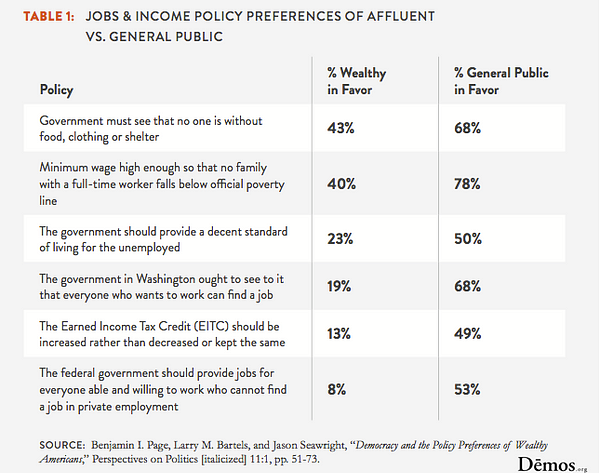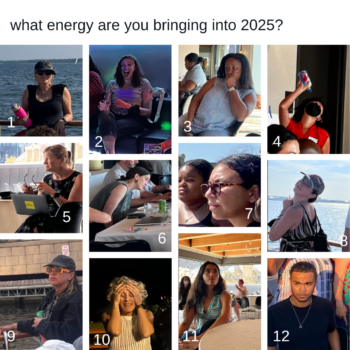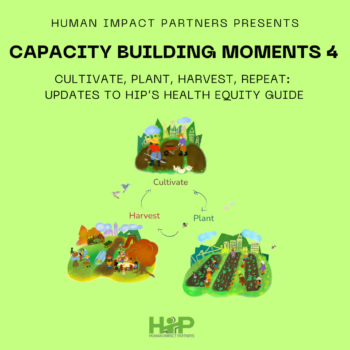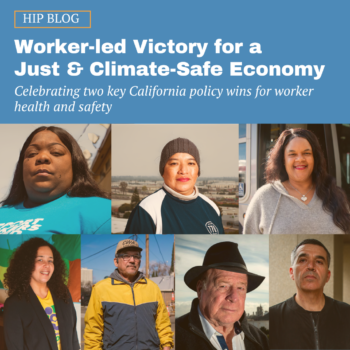| By Holly Avey |
Let’s talk about wealth inequities. The current presidential administration, including the vice president, the chief of staff, and the emerging cabinet, have more wealth than one-third of Americans combined. Concentrated wealth creates concentrated power. And indications suggest that this particular group of very wealthy individuals may be more likely to act in their own interests than other wealthy leaders in the past.
What is wealth?
What exactly is wealth? Wealth is all of your assets added together, minus all of your debts. Income is one part of your assets, but some people might also own a house or a car or have a savings account or retirement account that they could sell or cash out for money if they needed to. And if you need to cash out, you can’t really get very far if you’ve got debt following you. You might have debt from credit card bills, hospital bills, college, your mortgage, your car payment, or many other reasons you might take on debt just from trying to survive. And of course some people have a whole lot of wealth, some people have a whole lot of debt, and some people have a lot of both that balances out in various ways.
The wealthy have different policy priorities.
Research shows that the very wealthy have more difficulty feeling empathy for others and are more likely to attribute their own success to their individual efforts. When they apply that same criteria to those who are in poverty, they are less likely to consider structural or contextual factors that have limited their opportunities, and more likely to blame individuals for their lack of economic success.

This explains findings from another recent study, summarized by Demos, that shows that the wealthy (those with an average annual income of more than $1 million) have different policy priorities than the rest of the public.
Also, anti-immigration sentiments grow when wealth inequities worsen.
Studies show that the greater a society’s economic inequalities, the more people will take an anti-immigration stance. People living in poverty or relative deprivation are inclined to take an anti-immigrant stance when they perceive that their access to scarce resources — such as jobs — is threatened. Wealthier people are also inclined to take an anti-immigrant stance because they fear losing their wealth in the future.
“Inequality is largely the result of public policy decisions that reflect undue influence by the wealthy over the U.S. political system.”
With this in mind, let’s look at how the president’s policy agenda affects the wealthy vs. low-income communities…
- On home ownership, housing support, and foreclosures—Home ownership is one of the key pathways to building wealth in this country. Mortgages backed by the Federal Housing Administration that would have benefited first-time and low-income borrowers are now more expensive because the president suspended a fee reduction. In addition, there are many other specific housing policies or supports for low-income populations that experts warn could be eliminated. To add to this, although not representing the housing sector, the new Secretary of the Treasury has a personal history in profiting from foreclosures.
- On consumer protections in banking and finance—The Dodd-Frank financial reform law was created to regulate and oversee the powers of the financing industry and Wall Street. Among many other elements, it created the independent Consumer Protection Financial Bureau, which, during its five years of existence, has collected $11.7 billion in fines and settlements from large banks and debt relief companies that defrauded their customers. Dodd-Frank also includes a fiduciary rule that requires brokers to offer advice that is in the best interest of their clients, rather than suggesting investments that give the brokers the best commissions. The current administration has announced a rollback on Dodd-Frank, including an executive order that delays implementation of the fiduciary rule.
- On environmental protections and the energy industry—The president already signed an executive order to dismantle environmental protections. Despite promises that these changes may create new jobs in impoverished areas, a review by the Office of Management and Budget found that EPA regulations have benefited the economy. When environmental regulations are not in place and climate change accelerates, studies also show that those in poverty are the most vulnerable to climate impacts.
- On public education—The voucher plan proposed by Secretary of Education DeVos is anticipated to exacerbate inequality by diverting money away from public schools to private school options that would more likely benefit children of the wealthy.
- On the criminalization of immigration (for people of color)—A hardline stance on crime and immigration will have devastating and disproportionate effects on the health and safety of the poor and people of color. Arresting more people and detaining more immigrants would also create a boost for the private prison industry, and stocks for these companies are already showing dramatic increases. Similarly, talk of a border wall with Mexico has caused increases in the stocks of the three companies most likely to construct it.
Promoting and protecting health and equity during these challenging times requires both short- and long-term approaches.
In the short term, many of these changes will create crises in various ways, and it will be important to protect the rights and the needs of those negatively impacted. At the same time, organizations need to join together across sectors in a long-term approach to address the ongoing inequities produced by all policies that benefit the very wealthy at the expense of the poor. The organization Demos has produced a report that explores the dominance of politics by the affluent, and they offer many helpful suggestions to address this problem, which are organized by the following three main points:
1. Reduce the economic inequality that fuels such a large concentration of civic power in the hands of the wealthy.
2. Reduce the influence of big money in politics.
3. Draw more ordinary people into civic life as a counterbalance to concentrated wealth.
It is important to note that the distorted imbalance in wealth I have discussed is focused on the overall differences between the very wealthy and the poor — or even the very wealthy and the rest of us. There are also racial differences in wealth that heavily influence and reflect inequities. Look out for my next post in the coming weeks where I will discuss these racial differences in more detail!




